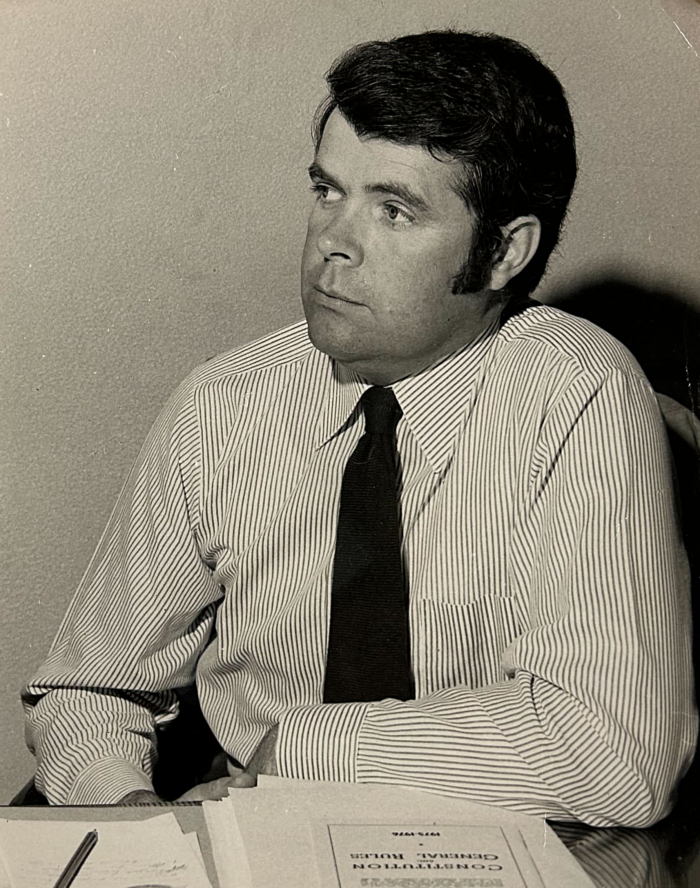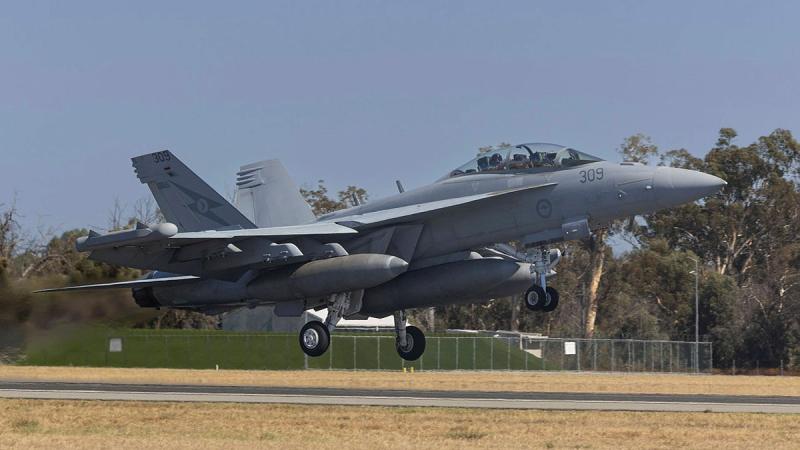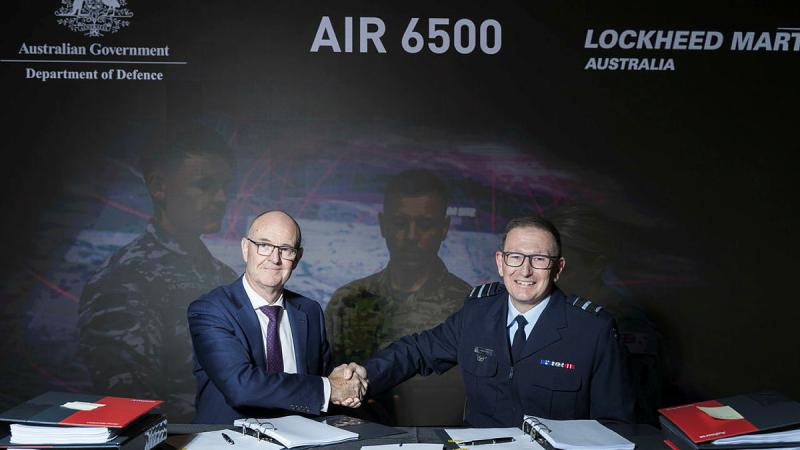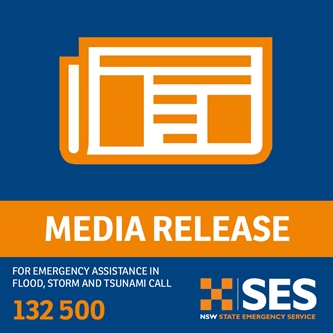The Translational Research Institute for Space Health (TRISH) at Baylor College of Medicine in consortium with the California Institute of Technology (Caltech) and the Massachusetts Institute of Technology (MIT) announced several human health and performance research projects to be conducted aboard Axiom Mission 2 (Ax-2) to the International Space Station (ISS).
The TRISH-sponsored research projects aboard the mission will assess important aspects of the human experience in space, including space motion sickness, sleep disturbance, genome alterations and changes to cognitive function, eye and brain health and more.
“Our partnerships with commercial spaceflight providers, including Axiom Space, enable us to send cutting-edge research projects into space and collect important biometric data from space travelers,” said Dr. Dorit Donoviel, TRISH executive director and professor in the Center for Space Medicine at Baylor College of Medicine. “Insights gathered from this work improve our understanding of how the human body and mind respond to spaceflight, helping us to prepare future astronauts to remain safe and healthy during longer-duration missions.”
TRISH biomedical research projects on Ax-2 include:
- Cognitive and Physiologic Responses in Commercial Space Crew on Short-Duration Missions, Mathias Basner, M.D., Ph.D., M.S., University of Pennsylvania Perelman School of Medicine
- Individuals traveling to space experience a multitude of stressors that can affect brain function and crew performance. Basner’s team will track spaceflight participants’ performance in memory, abstraction, spatial orientation, emotion recognition, risk decision making and sustained attention before and after the mission to assess the mental impact of space travel.
- Otolith and Posture Evaluation II, Mark Shelhamer, Sc.D., Johns Hopkins University
- Shortly after launch and landing, most space travelers develop motion sickness, nausea and disorientation, potentially leading to significant performance impacts. Shelhamer will study how astronauts’ inner ears and eyes sense and respond to motion before and immediately after spaceflight with a series of tests administered via a tablet device. The goal is to predict who is more likely to develop space motion sickness.
- Space Omics + BioBank, Richard Gibbs, Ph.D., Baylor College of Medicine
- Dr. Gibbs’ team will gather biological specimens from astronauts before and after their mission to assess the effects of spaceflight on the human body at the genomic level. Comparisons of the pre- and post-flight samples can yield critical insights into the impact of space travel on human health and advance health care on Earth by revealing alterations in gene expression in response to extreme environmental stressors.
- SANS Surveillance, TRISH
- Spaceflight Associated Neuro-Ocular Syndrome (SANS), changes to the eyes and brain during spaceflight, is one of NASA’s top long-duration human spaceflight risks. This project collects related ocular images and vision function data during ground phases of the mission.
- Standardized research questionnaires, TRISH
- TRISH has implemented a set of standardized research questionnaires for the crew to collect data on their sleep, personality, health history, team dynamics and immune-related symptoms. These additional contextual and qualitative data points will become part of TRISH’s EXPAND research database, available to current and future scientists exploring space health.
- Sensorimotor adaptation, TRISH
- The ability to stand, balance and have full body control will be critical elements when astronauts return to the moon. TRISH collects data before and after flight to help understand the level of sensorimotor ability and change as well as time to recovery.
“We are excited to work with TRISH on the Ax-2 mission to increase our understanding of human health in space. This kind of research not only allows us to better prepare humans to live and work in space in future but can give insights into medical conditions and treatments to improve human health terrestrially as well,” said Lucie Low, chief scientist for microgravity research at Axiom Space.
Ax-2 is the second all-private astronaut mission to the ISS and is scheduled to launch in spring 2023 from NASA’s Kennedy Space Center in Florida. The Ax-2 crew will live and work aboard the ISS for 10 days, conducting scientific, outreach and commercial activities. The four-person crew includes Commander Peggy Whitson, Pilot John Shoffner and Mission Specialists Ali AlQarni and Rayyanah Barnawi. Axiom Space has contracted with SpaceX to launch the crew in a Dragon spacecraft.
Empowered by NASA’s Human Research Program, TRISH finds and funds disruptive, innovative technologies and research with the goal of protecting human health in space. Increasing human health and performance research on commercial spaceflight is the objective of TRISH’s EXPAND (Enhancing eXploration Platforms and ANalog Definition) program seeks to increase human health and performance research on commercial spaceflight. EXPAND collects pre-flight, in-flight and post-flight health data from private crewed missions, which it stores in a centralized research database built by TrialX, using software customized for space health research.








